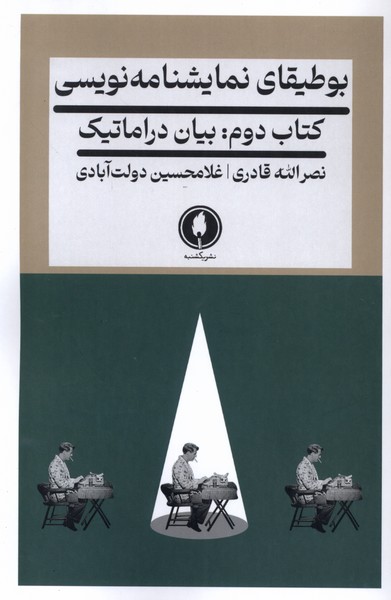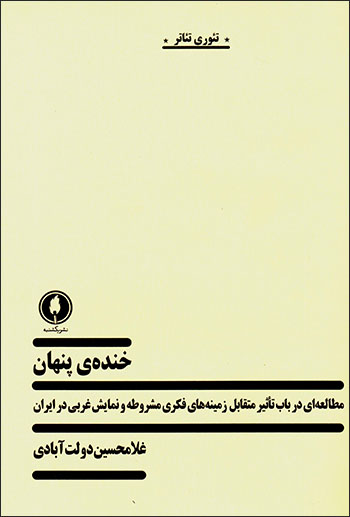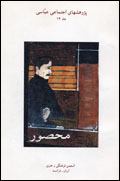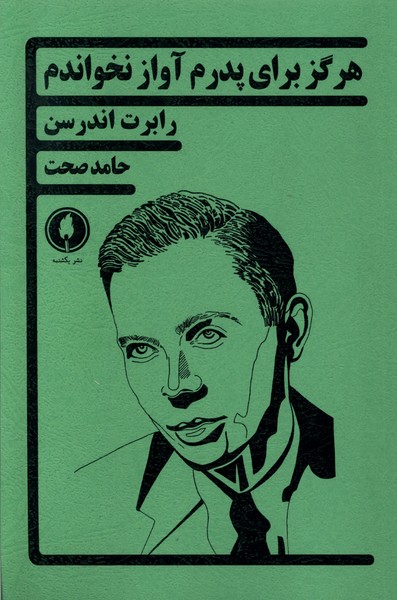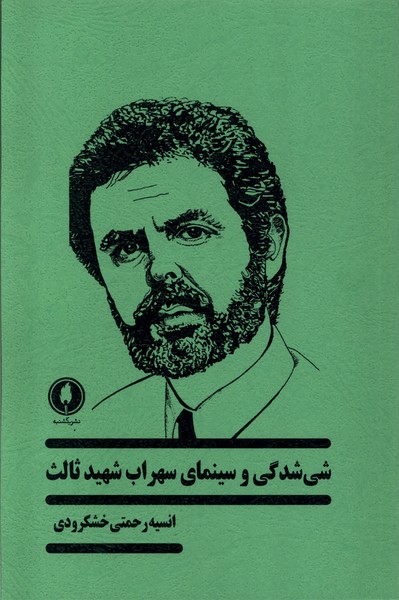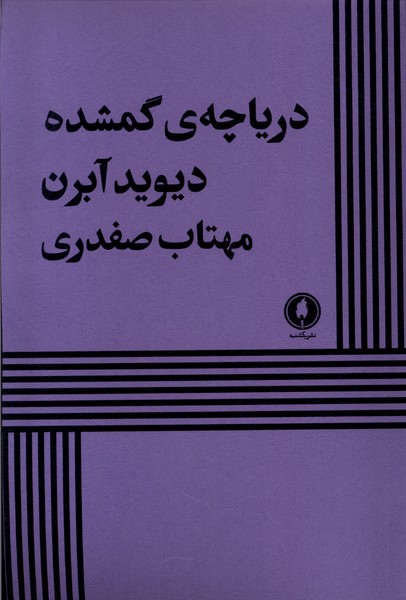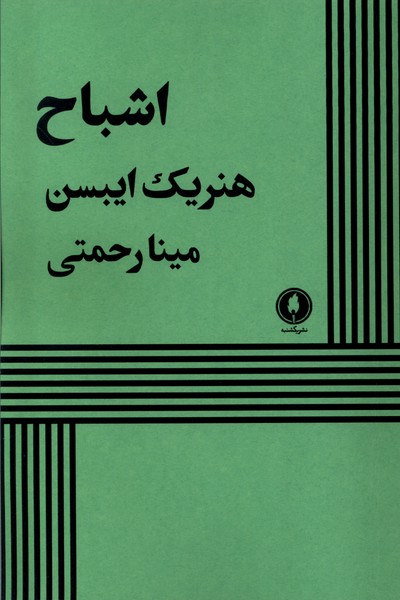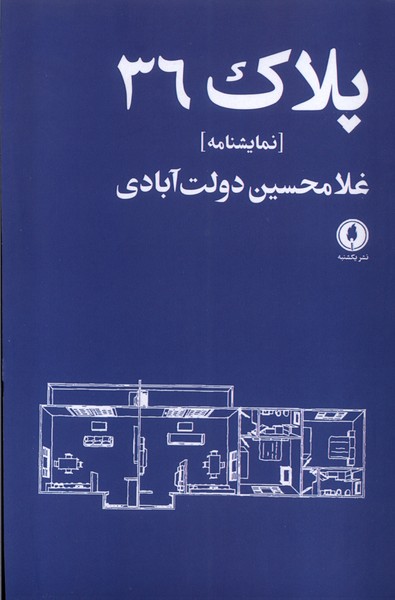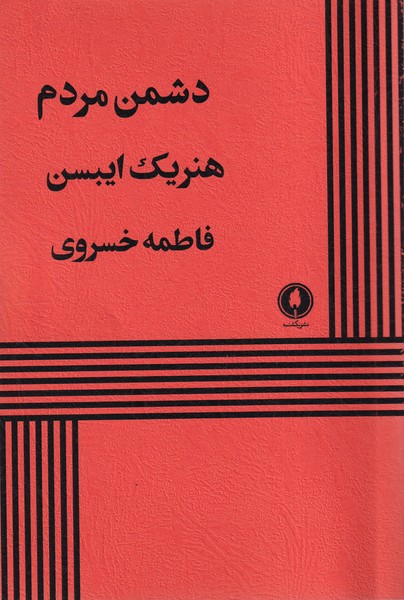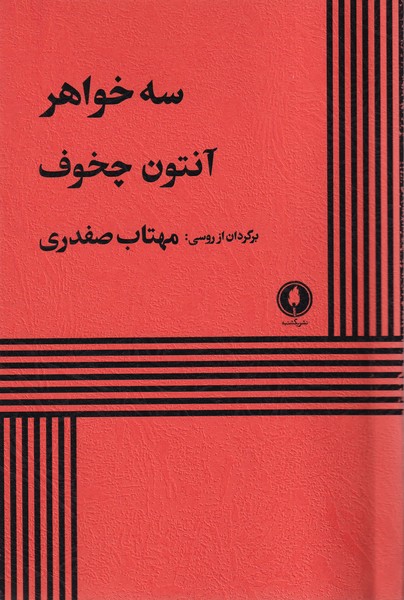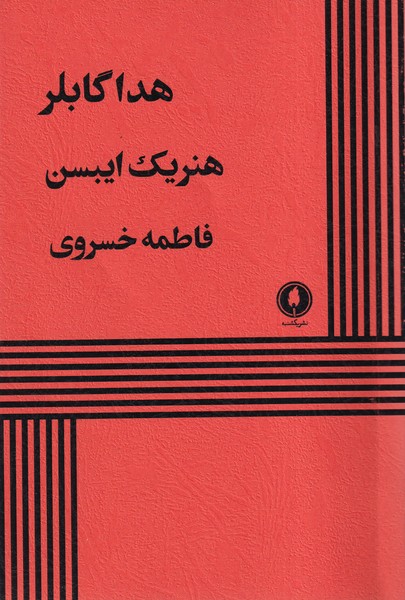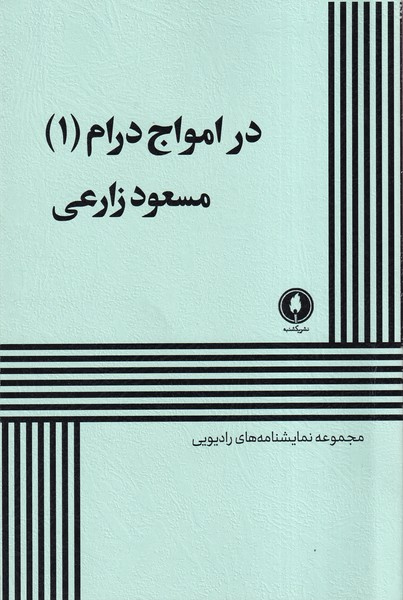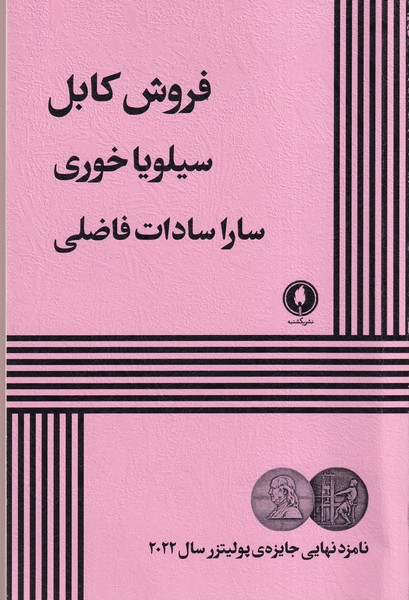بوطیقای نمایشنامه نویسی (کتاب دوم :بیان دراماتیک) فارسی 1403
Buṭīqā-yi Namāyishnāmah'nivīsī (Kitāb-i Duvvum: Bayān-i Dirāmātīk)
16٫47 $
اشتراکگذاری
Wishlist
عنوان اصلی:
بوطیقای نمایشنامه نویسی (کتاب دوم :بیان دراماتیک)
شابک:
9786008982692
ناشر:
Yakshanbah
گروه سنی:
بزرگسال
صفحات:
286
وزن:
230 g
ابعاد:
14 x 21 x 2٫5 cm
جلد کتاب:
شومیز
The authoring of this book has various reasons, but the most important reasons are the synchronization of two generations in the authoring of this book, the view of the coexistence of art and technique in addition to discovery and intuition, the native view of the category of playwriting, the effectiveness of the audience in reading this book, and the Socratic doubt about the accepted practices in the field of playwriting. Is. In our cultural situation and therefore the theater, there is no reflection between the old generation and the new generation. The old generation adheres to tradition without any reason and insists on it and refuses to accept any innovation. The new generation also completely believes in avant-gardeism and rejects tradition. The old generation ignores the new generation and the new generation rejects the old generation. As a result, there is no possibility of dialogue between these two generations. Of course, it should be noted that here the old generation and the new generation do not mean the chronological age, but the age of thought. For this reason, a part of the old generation sometimes finds itself in a situation that appears to be in sync with the new generation, while it does not believe in it, and in some cases the new generation takes advantage of the old generation's position to establish itself. But what we mean by the synchronization of generations is that both have a mutual understanding of each other. If the old generation has a minimal and reliable understanding of today's conditions and needs, and the new generation knows about tradition, this interaction will occur.
more
تألیف این کتاب علل گوناگونی دارد اما مهمترین دلایل آن همگامی دو نسل در تألیف این کتاب، نگاه همنشینی فن و تکنیک به علاوهی کشف و شهود، نگاه بومی به مقولهی نمایشنامهنویسی، فاعلیت مخاطب در خوانش این کتاب و شک سقراطی به مقبولیات موجود در حوزهی نمایشنامهنویسی است. در وضعیت فرهنگی ما و به تبع آن تئاتر، تأملی بین نسل قدیم و نسل نو وجود ندارد. نسل قدیم بیچون وچرا پایبند سنت است و بر آن پافشاری و میکند و از پذیرش هرگونه نوآوری امتناع می کند. نسل نو نیز یکسره معتقد به آوانگاردیسم است و سنت را انکار میکند. نسل قدیم، نسل نو را نادیده میگیرد و نسل نو، نسل قدیم را نفی میکند. در نتیجه امکان برقراری دیالوگ بین این دو نسل وجود ندارد. البته لازم به تذکر است که اینجا منظور از نسل قدیم و نسل نو، سن تقویمی نیست، بلکه سن اندیشگی است. به همین دلیل بخشی از نسل قدیم گاهی در وضعیتی قرار میگیرد که به ظاهر خود را همگام با نسل نو نشان میدهد، در حالی که به آن اعتقادی ندارد و در مواردی نسل نو برای تثبیت خود از موقعیت نسل قدیم بهره میگیرد. اما منظور ما از همگامی نسلها این است که هر دو ادراک متقابلی از یکدیگر داشته باشند. اگر نسل قدیم درک حداقلی و باورمندانه از شرایط و نیازهای امروز داشته باشد و نسل نو شناختی از سنت، این تعامل به وجود خواهد آمد.
more

